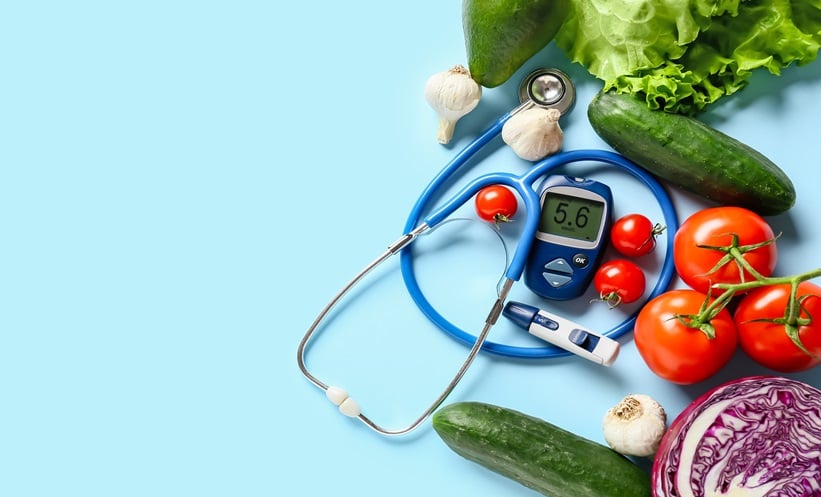A RECENT study conducted at the Queen’s University of Belfast revealed that a diet high in flavonoid-rich foods such as tea, berries and apples is associated with significantly lower risk of developing type 2 diabetes (T2D).
The study collected data from the UK Biobank cohort on 113,097 participants who were followed for a median of 12 years, to examine the associations between high flavonoid-rich foods, as reflected by the Flavodiet Score (FDS), major food contributors to flavonoid intake and flavonoid subclasses with T2D risk. During the period of 12 years, 2,628 incident cases of T2D were identified. Researchers estimated the flavonoid intake by using the U.S Department of Agriculture (USDA) databases and calculated the FDS based on the consumption of flavonoid-rich foods.
Results showed that participants with the highest FDS had a 26% lower risk of developing T2D compared to those with the lowest FDS. After conducting a food specific analysis, results showed that four servings of black or green tea consumed daily, were linked to a 21% lower T2D risk. One serving of berries daily was associated with a 15% lower risk, and one serving of apples daily with a 12% lower risk. While higher intakes of flavonoid subclasses, including flavones, proanthocyanidins, polymers, flavonols, flavan-3-ols, and anthocyanins, were associated with 19% to 28% lower risks of T2D.
The beneficial effects of a flavonoid-rich diet on T2D risk are thought to be mediated through several mechanisms. These include improvements in insulin sensitivity, insulin resistance, and lipid profiles. Additionally, flavonoids may enhance sugar metabolism, reduce obesity, and improve liver and kidney function while lowering basal inflammation.
The findings of this study indicate that the observed health benefits are not solely due to an overall improved diet quality but are specifically related to flavonoids present in food. These findings highlight the importance of flavonoid intake to avoid weight gain, enhance kidney function and prevent early kidney dysfunction before the onset of diabetes.
Reference
Thompson A. S et al. Higher habitual intakes of flavonoids and flavonoid-rich foods are associated with a lower incidence of type 2 diabetes in the UK Biobank cohort. Nutr Diabetes. 2024;14:32.








